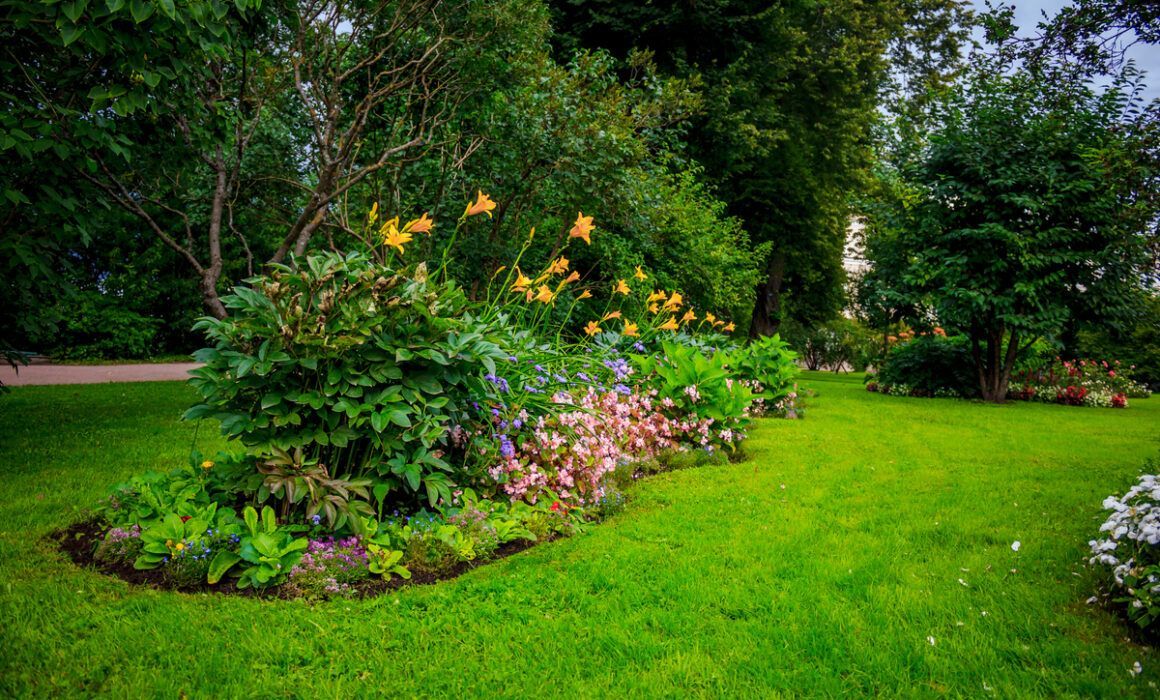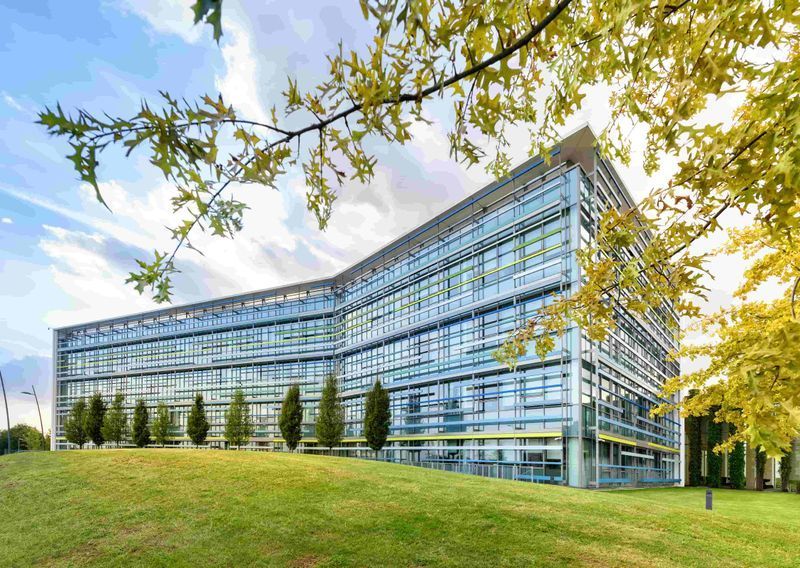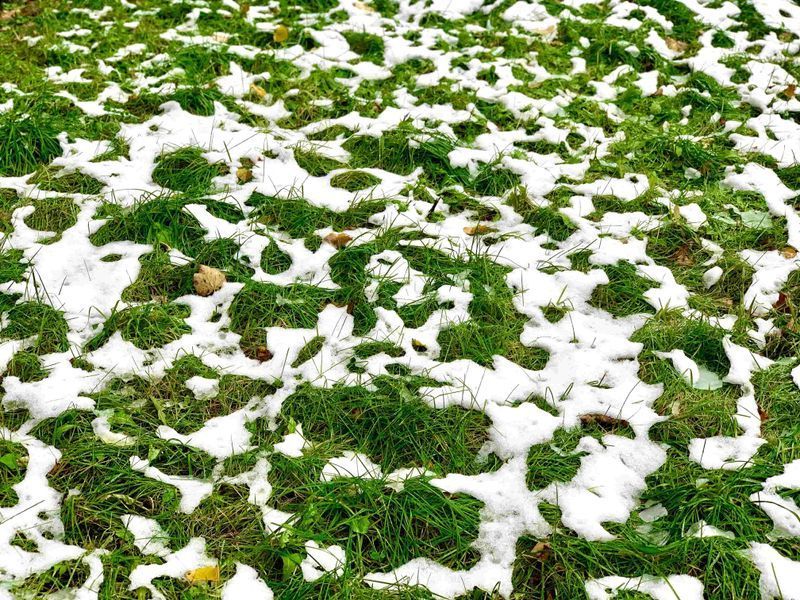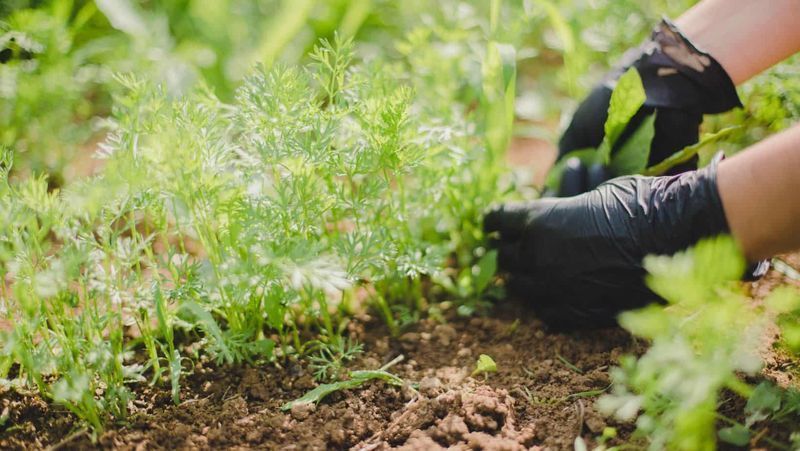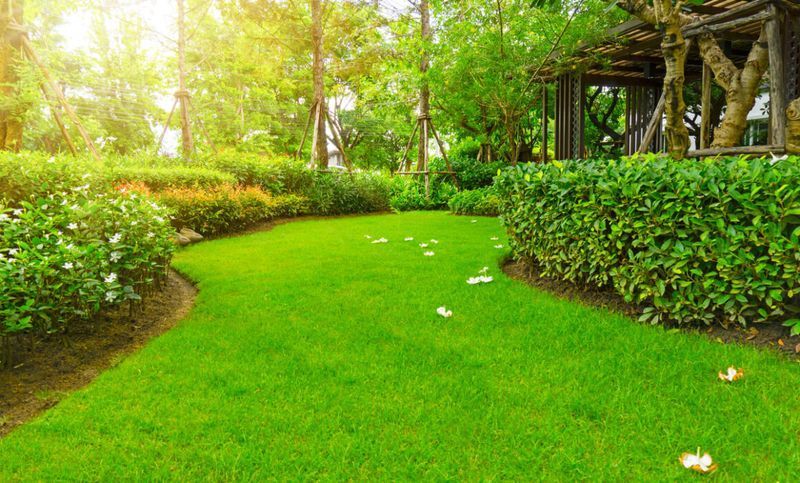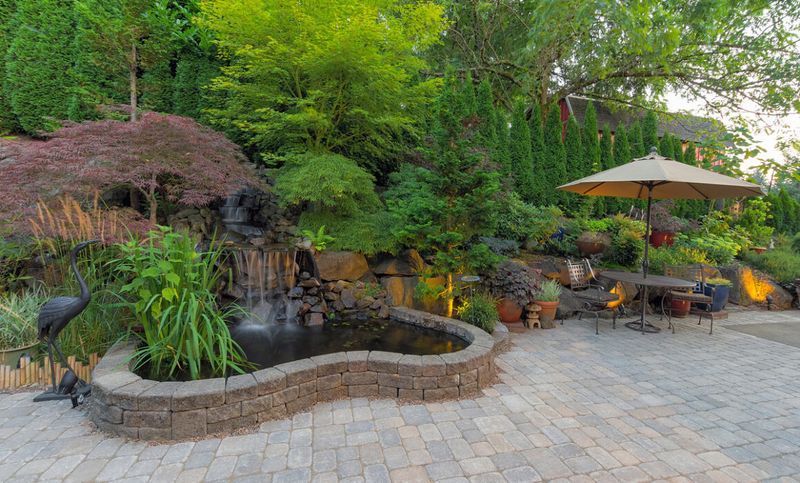Three Benefits Of Composting For Lawn Maintenance
Whether you’re preparing your lawn for the spring or just wondering how you can be more environmentally friendly, getting into the habit of composting is one of the most beneficial things you can do, both for the environment and your garden.
Composting involves using the organic waste you produce from cooking and other home sources to create nutrient-rich fertilizer that can help your lawn and garden to grow better and more beautifully than ever.
The process is completely natural and doesn’t require any chemical additives, and is a great way to get down on your waste footprint, be more environmentally responsible, and improve the quality of your lawn and gardens. Here are three fantastic ways that composting can benefit your life and your lawn today.
Do Your Part To Reduce Waste and Pollution
It’s no secret that man-made climate change is one of the greatest crises of our time. Greenhouse gasses reflect solar energy, trapping heat in Earth’s atmosphere with devastating consequences on weather patterns, temperatures, and environmental habitability. Not only do landfills contribute to greenhouse gas emissions with the release of methane as waste degrades, a greenhouse gas 100x more potent than carbon dioxide, they also often take up land that could be purposed for natural or developmental projects.
Landfills also contribute to toxic runoff that can destroy ecosystems and cause the deaths of thousands of animals. By composting your waste instead of tossing it in the bin, you’re doing your part to help prevent these effects from ruining the environment and the planet that we all live on.
Free Slow-Release Fertilization for Your Lawn
Composting isn’t just good for the environment in general; it’s good for the environment around your house too! Healthy lawn growth requires balancing a myriad of complex factors, including soil acidity, nutrient content, and water levels. Nutrients like nitrogen and phosphorus are necessary for plants to grow, including grass.
Replenishing your soil with these nutrients usually requires buying costly fertilizers, but compost provides all these nutrients for free, released as your food scraps and other organic waste decomposes. Additionally, compost qualifies as a slow-release fertilizer, which means that the nutrients provided in compost are absorbed into the ground slowly over time, allowing better absorption and deeper penetration for the roots of your lawn to take in.
Get Rid of Contaminants in Your Soil
Finally, organic compost can also absorb and dispose of various toxic contaminants in your soil, such as pesticides or synthetic chemicals that may have run off into your lawn from other sources. These chemicals and substances are dangerous when exposed to humans and can cause various health problems. Compost can also absorb odors and other unpleasant substances in the ground, leaving your lawn looking and smelling fresh and healthy.
Compost also helps to regulate the texture of your soil, allowing water to better filter through the layers and bring nutrients further down into the soil, as well as washing away any toxic or undesirable substances. Proper soil texture can also help you to make the most of any professional lawn care services you might employ, since treatments can better penetrate into the soil and are more easily absorbed by your lawn.
A healthy lawn is a beautiful lawn, and is absolutely one you can feel proud of, all year round.
If you’re interested in learning more about how we here at Green Life Property Services can help you keep your lawn in tip-top shape, please do not hesitate to
contact us today.
Related Blogs
